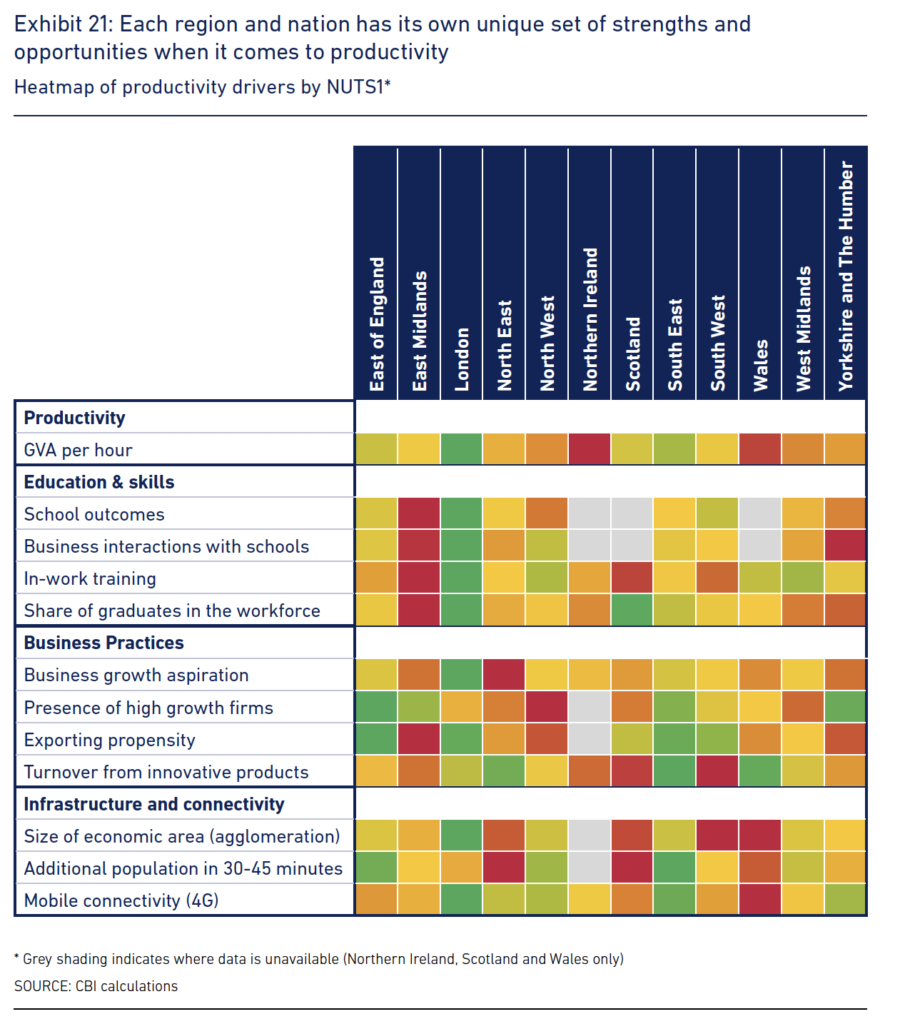Since Theresa May’s latest announcements regarding the UK’s separation from the EU, there is an air of uncertainty but also optimism, especially in the regions outside London. So, given the anticipated change over coming months, what should businesses and industries in the regions be considering for 2017 and beyond?
Lord Bamford, JCB chairman, told the BBC that a hard Brexit could restore Britain’s sovereignty and ensure the UK becomes a global leader in free trade. It appears companies like JCB (the third largest maker of construction equipment in the world and exports 75% of its machines to about 140 countries) are seeing a real opportunity of leaving the EU and benefits from negotiating new trade deals with countries.
Ann Francke, chief executive of the Chartered Management Institute also recently told the BBC that “nearly half of managers (49%) believe that Brexit will have a negative impact on economic growth”.
Clearly this is relevant to all businesses, not just regional players, but this week the Prime Minister has also announced the government’s latest view of the ‘Modern Industrial Strategy’, which is set to place particular emphasis on the regional economy.
In the meantime, uncertainty has undoubtedly had a negative impact on the economy and commercial performance and decision making, but this data indicates that potentially 51% of managers may see and use the uncertainty as an opportunity.
While exit negotiations and agreements are yet to come, the value of the pound is fluctuating. Media is highlighting many negative aspects that comes with a weak pound but there are also commercial opportunities.
For firms selling goods abroad a weak pound can deliver an increase in profit margins, besides it helps improve the UK’s trade balance as exports become relatively more attractive than imports. Depending on the market and the flexibility of the business it might be worth focusing on export sales rather than domestic sales as export with a lower pound will be more competitive.
Another growth driver is medium-sized businesses; the entrepreneurial heroes of the UK economy, and there is compelling evidence about how these firms are boosting productivity. A recent CBI analysis has highlighted that scale-up firms with rapidly increasing turnover have higher productivity rates than non-scale-up firms. In York, roughly 6 in every 1,000 firms are classified as being “high-growth”, more than double the UK average, with productivity in the city more than 6% above that for Yorkshire.
The CBI report Unlocking Regional Growth published in December 2016, included a heat map analysing each region and nation’s unique set of strengths and opportunities in relation to productivity.

Regional growth is being fuelled by entrepreneurial companies, high growth sectors and supportive local government. As one example, the city economy of Leeds is on course to be £184m larger by the end of 2017 than it was in the three months after the EU referendum results (Yorkshire Post 15/01/17). Irwin Mitchell, a major law firm based in the city, predicts that the value of goods and services produced in Leeds will grow by 0.6 per cent during 2017. Employment levels are expected to be 3,700 higher.
Since the global financial crisis, only in London and the South East is GDP per head above its pre-crisis peak, as of 2015. Thus, the most productive area of the UK is now almost three times more productive than the least.
Per the score card the North East regions have a high aspiration for business growth followed by Yorkshire and The Humberside and the East Midlands. Furthermore, the North West, North East, Scotland and West Midlands are prioritising the presence of high growth firms. This can take several forms, including offering acceleration programs for start-up firms.
These regional opportunities are often not mentioned in the national media, where the concern about uncertainty makes for ‘better’ headlines. As we all await Article 50 to be triggered, no doubt more uncertainty will be reported. However, we will continue to focus on helping companies navigate and benefit from the opportunities that can be seized upon, as well as helping regions enhance economic productivity.